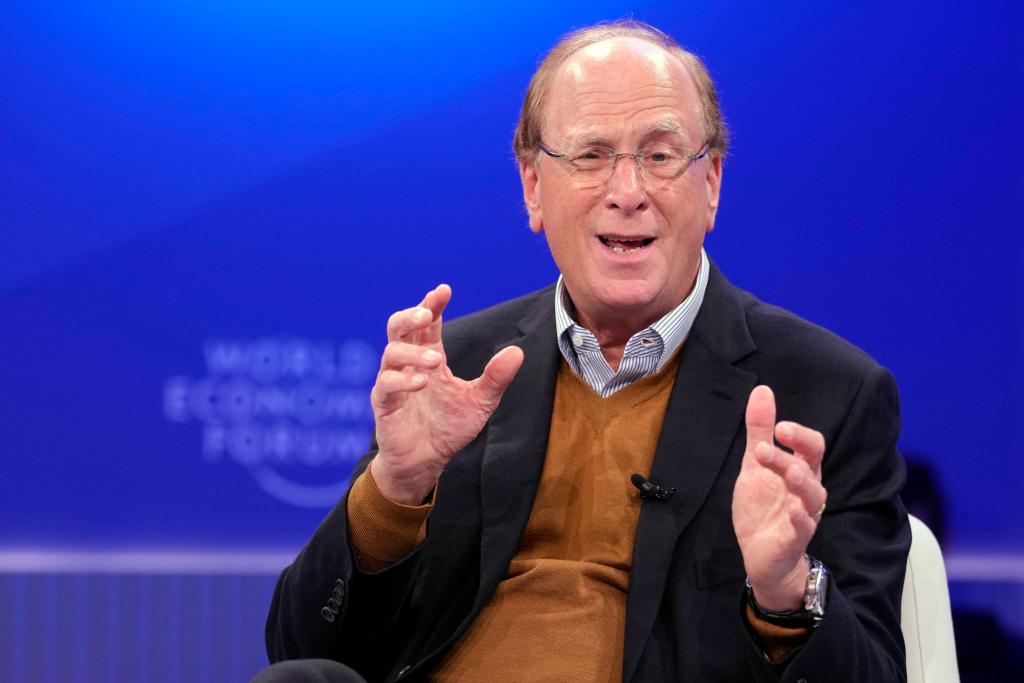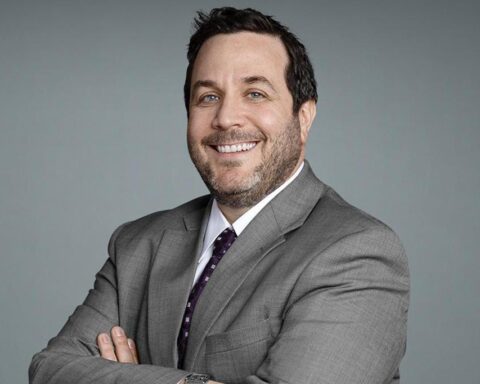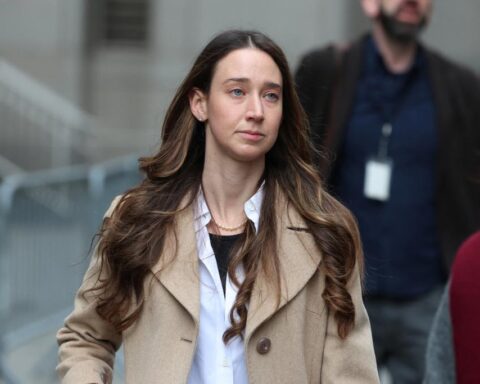With $11.6 trillion in assets under management, Fink warns that New York’s deteriorating quality of life and regulatory burdens are driving major firms away—despite signs of improving violent crime rates
Larry Fink, Chairman and CEO of BlackRock Inc., issued a stark warning to New York City policymakers on Monday, cautioning that the city’s ongoing struggles with crime, sanitation, and education are severely undermining its appeal to the business community. Speaking at a candid forum hosted by the Economic Club of New York, Fink, 72, said, “The city is on the verge of losing a lot of companies. I don’t believe the city has the vitality that it did before.”
BlackRock, the world’s largest asset manager with $11.6 trillion under management and headquartered in Hudson Yards, represents a formidable voice in global finance. Fink’s remarks, reported by Bloomberg News, reflect growing concerns among corporate leaders about the city’s direction post-pandemic.
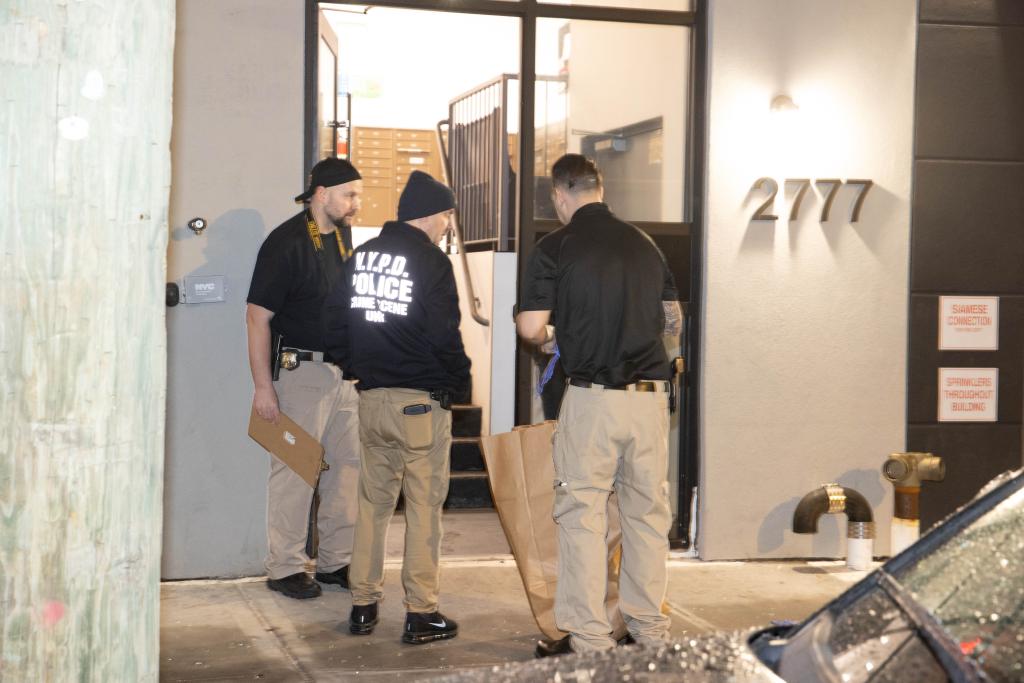
Corporate Departures and a Shifting Business Climate
Since late 2019, nearly 160 Wall Street firms, overseeing close to $1 trillion in assets, have relocated their headquarters from New York, citing rising costs, deteriorating infrastructure, and growing public safety concerns. Major retailers such as CVS, Rite Aid, and Walgreens have shuttered stores across the city, pointing to shoplifting, vandalism, and declining foot traffic. Notably, Foot Locker has announced plans to move its headquarters out of NYC to cut operational expenses.
Fink drew comparisons to the New York of the 1970s, when economic collapse and urban decay created an atmosphere of instability. “I believed that my taxes were used to help build out the city. I don’t feel that way anymore,” he lamented, underscoring the frustration felt by many business leaders.
Policy Frustrations and Regulatory Red Tape
Fink also took aim at the city’s restrictive “pay-to-play” regulations, which prevent businesses engaged in city contracts from contributing to local political campaigns. While these rules are intended to curb corruption and promote transparency, Fink argued they also silence voices that could help shape policies for a more vibrant and economically stable city.
“In New York, because we’re so dominated by the financial services area, we are not able to do anything related to helping shape the narrative of this city,” Fink said. “This is one of the reasons why I think the city has been so harmed.”
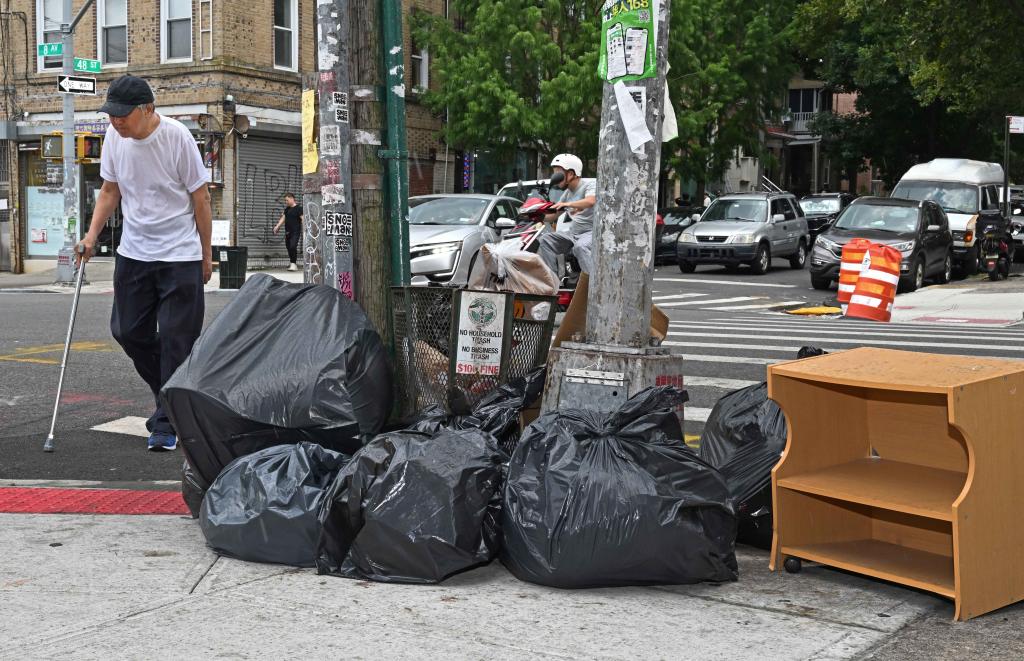
The Dual Reality: Progress Amidst Persistent Problems
Interestingly, recent NYPD data reveals that some violent crimes are trending downward. In the first quarter of 2025, murders declined by 34.4%, and shootings dropped by 23.1% year-on-year. Subway crime also saw an 18.1% decrease, with zero murders reported in the system for the first time in seven years — a milestone attributed to precision policing and targeted deployment in Violence Reduction Zones, where crime dropped by 25%.
Still, not all indicators are positive. Major felony crimes have risen by 32%, with increases in robbery, assault, burglary, and grand larceny. Petty thefts in drugstores have soared by 37.4%, and summonses for quality-of-life offenses like public urination and drinking have spiked by 37.7%, according to Bloomberg.
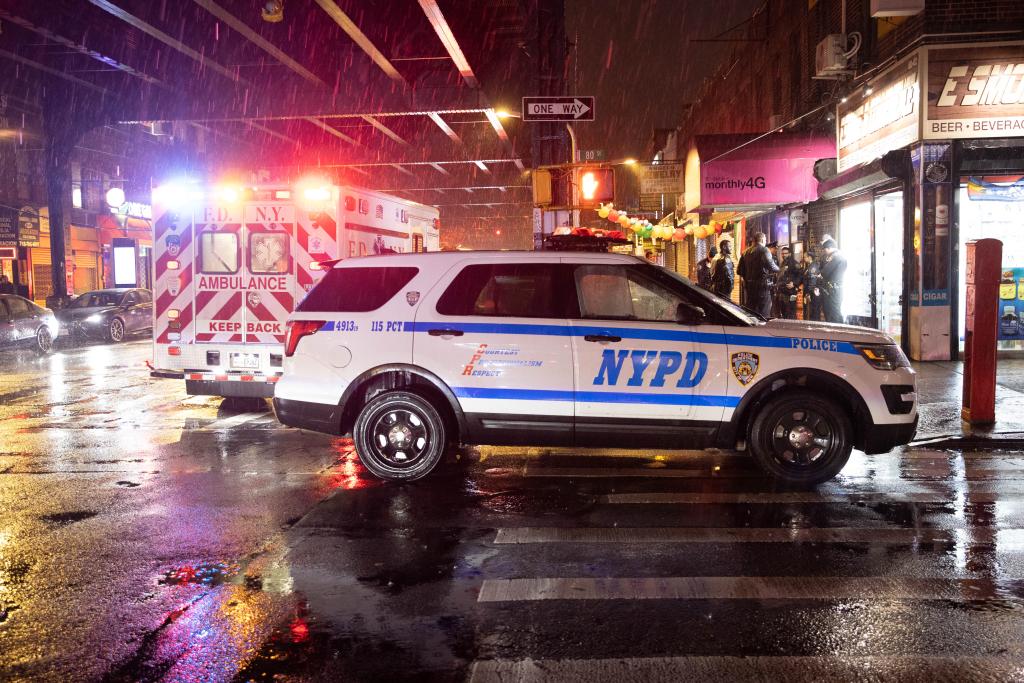
The rat problem has worsened as well, with 311 hotline reports up 48.7% from pre-pandemic levels in 2019.
Declining Public Services and Public Health Crisis
Emergency services have also been strained. Ambulance response times are up by 16%, while NYPD response times to active crimes have slowed by a staggering 55.1%. More alarmingly, deaths from unintentional drug overdoses have more than doubled, increasing by 110.9%, signaling a dire public health crisis that demands urgent citywide attention.

A Crossroads for the City
While city officials point to improving trends in violent crime, Fink’s broad critique paints a sobering picture of a metropolis struggling to maintain its edge as a global capital of commerce, innovation, and livability. His call to action was unmistakable: Without a coordinated and sustained effort to address crime, cleanliness, public education, and bureaucratic overreach, New York risks accelerating the exodus of its corporate giants—and the economic vitality they bring.
As the city stands at a pivotal crossroads, business leaders like Fink are making it clear: The time to act is now.



